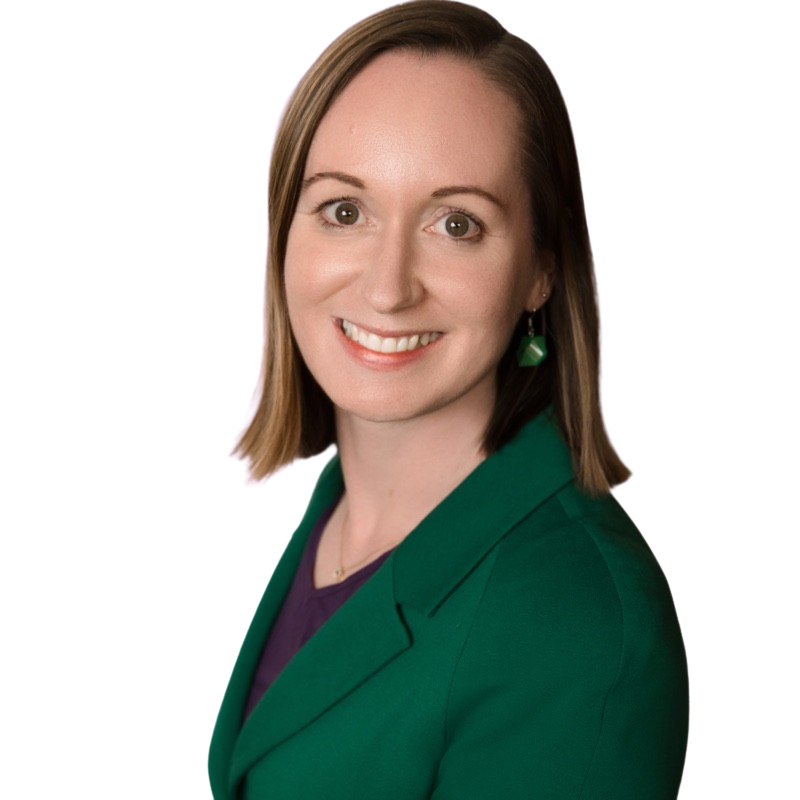For many people, their superannuation is their biggest asset. However, your superannuation is not an estate asset to be dealt with under your Will. Instead, it is an asset held on your behalf by the trustee of your superannuation fund. The trustee is the one to determines who receives your superannuation after you die.
The range of eligible people to receive a superannuation death benefit is limited by legislation and the trust deed. The legislation limits beneficiaries to a dependant of the member, or the member’s legal personal representative (the executor or administrator of your estate). A dependant includes:
• your spouse,
• any of your children, or
• any person that you have an interdependent relationship with.
You cannot pay your superannuation directly to your parents, siblings, nephews and nieces or anyone other than the categories above. If you don’t have any of these people, your superannuation must still be paid out. So the super fund will pay it into your estate (so then your Will will cover it).
A binding death benefit nomination can be used to tell your trustee where you want your superannuation paid after you die. This at least gives you a level of certainty that the trustee will pay your superannuation to the person you want it to go to. But remember that a binding death benefit nomination usually expires after three years, so you have to make sure that you keep it up to date.
If there is no binding death benefit nomination, the trustee may use its discretion to determine who will be the beneficiary of the superannuation death benefit. The trustee must determine all your current and ex-spouses, all your children, and anyone else you may be leaving with who is dependent on you. The trustee will then look at the circumstances of each person, and the merits of paying all the benefit to one or another, or splitting the benefit between several potential beneficiaries.
It is also important to remember that there are often tax consequences on the distribution of superannuation. Only your spouse, and children under the age of 18 years old are usually exempt from tax on superannuation. So if you make a binding nomination with your superannuation trustee to pay your superannuation to your adult children, be aware that they will be taxed.

This article has been prepared by SPG’s Wills & Estates Planning Lawyer, Jacqueline Brauman.
Jacqui Brauman is an Accredited Specialist in Wills and Estates and has written and published three books: ‘In Case of Emergency’, a practical guide for young families in the case of injury or death, ‘Death and Social Media, a guide to your digital estate planning’, and ‘The Sandwich Generation’. She was the principal solicitor at TBA Law from 2012 until 2024. Practicing mainly in will, succession and property law, Jacqui’s career has taken her from regional Victoria, to rural New South Wales, to Sydney, and back to northern suburbs of Melbourne, and finally to the Gold Coast.
Jacqui’s primary focus in her wills and estates practice is to make sure families know the consequences of not undertaking proper planning, and ensuring that their legacies are properly protected, both physically and financially. Her message is simple: in a world of uncertainty, we cannot live with our heads in the sand. Instead, we can make sure that we don’t leave a difficult mess behind us if something should happen. It’s better to plan for security than try to struggle during grief and loss.
Public school educated and raised in regional Victoria, Jacqui is married to Daniel Brauman who is a retired member of the Royal Australian Army. Together they have moved around the country, and do plenty of adventurous sports, including motorcycling, kayaking, skydiving, camping, and fishing. Jacqui also enjoys distance running and yoga.
Qualifications & Memberships
· Bachelor of Laws
· Masters of Applied Law (Wills & Estates)
· Graduate Certificate of Applied Law
· Bachelor of Accounting
· Member of Mediation Institute
· Member of the Australian Association of Collaborative Practitioners
· Member of Centre for Legal Innovation
· Advanced Diploma of Taxation Law
· Certificate IV Fitness


